Education for Sustainable Development – Development and testing of an e-calendar with educational modules for children aged 4 to 10 and for teachers
Keywords: climate protection, nature conservation, land use, resource conservation, SDGs
Subject and objectives of the project
The aim of the project is to develop, test and implement environmental education programs on key topics of sustainable development for both school and extracurricular implementation in Poland, (Western) Ukraine and Germany. It addresses global sustainability challenges in the areas of environmental protection and nature conservation, provides information and presents possible solutions. The starting point for educational offers in the field of Education for Sustainable Development (ESD) on “special days” are “theme days” proclaimed internationally by UNESCO, NGOs or scientific organizations, such as “Polar Bear Day”, “Earth Day” or “World Recycling Day”. These calendar-based theme days are an opportunity to familiarize children as well as school and non-school educational stakeholders in the sphere of activity of the German and Polish project partners with the Sustainable Development Goals (SDGs). The project aims to create an “e-calendar” in the sense of an e-learning/teaching platform for preschool and primary school teachers, develop and test up to 40 educational modules on 40 topics from the fields of sustainable development, environmental protection and biodiversity conservation for children aged four to ten, create a technical and educational guide and carry out digital training courses. The educational modules are tested, tried out and optimized together with teachers at around six different teacher training centers throughout Poland. The following steps are planned:
- Development of an “e-calendar” as an e-learning/teaching platform based on the above-mentioned international theme days for teachers with a technical and pedagogical guide “E-calendar – 40 inspiring days for the SDGs” as a self-learning tool for the use of the developed educational modules in Polish in a print run of 550 copies (printed); 500 copies will be distributed to teachers. The guide is available in German in electronic form for teachers, educators and multipliers.
- Development and testing of 40 educational modules on 40 topics from the fields of sustainable development, environmental protection and biodiversity conservation for children aged four to ten years
- International development of the content of the 40 educational modules by educators from the Foundation To Proste in Warsaw with the support of educators from the Czech Republic, Slovakia and Ukraine; 10% of the educational programs are created by actors from each of the countries mentioned. Each module is translated into the national languages of the participating project partners.
- Testing, trialing and optimizing the educational modules with educators from around six different teacher training centers from all over Poland, as well as together with teachers and children in practice.
- Dissemination of project results: At the end of the first year of the project, ten digital training courses/trainings on the topic of “e-calendars and sustainable development goals” are planned in Poland, among other things. There are also five digital training courses on individual specialist topics and educational activities with children. To communicate the educational offer, the internet platform tuptuptup.org.pl/en/education-for-sustainable-development / tuptuptup.org.pl/en/environment is used on the Polish side and the website www.naturschutzzentrum-neukirch.de/dbu-foerderprojekt-besondere-tage on the German side.
Innovation and exemplary nature of the project
The implementation of the project activities described above will create a new, innovative instrument for teaching ESD that does not yet exist in Poland, Germany or the other participating countries. The result will be a cooperatively developed European digital education offer in the field of ESD, which can be used in pre-school and school institutions as well as leisure facilities in the participating countries. The project is characterized by a differentiated evaluation process in the development and testing phase. The involvement of teacher training institutions is another unique feature of the project. The project structure testifies to a cooperative relationship between the participating institutions “at eye level”.
Special aspects of the project
As part of the project, great importance is attached to multiculturalism and diversity of materials and thus to greater versatility. At least 10% of the educational program (4 developed modules) will be created by environmental educators from the Czech Republic, Slovakia and Ukraine. In addition, the German environmental educators’ many years of experience in the field of environmental education and training are taken into account when examining the content. Both the e-calendar with 40 educational modules and the guide for teachers will refer to the Sustainable Development Goals (priority: 2, 6, 7, 11, 12, 13, 14, 15).
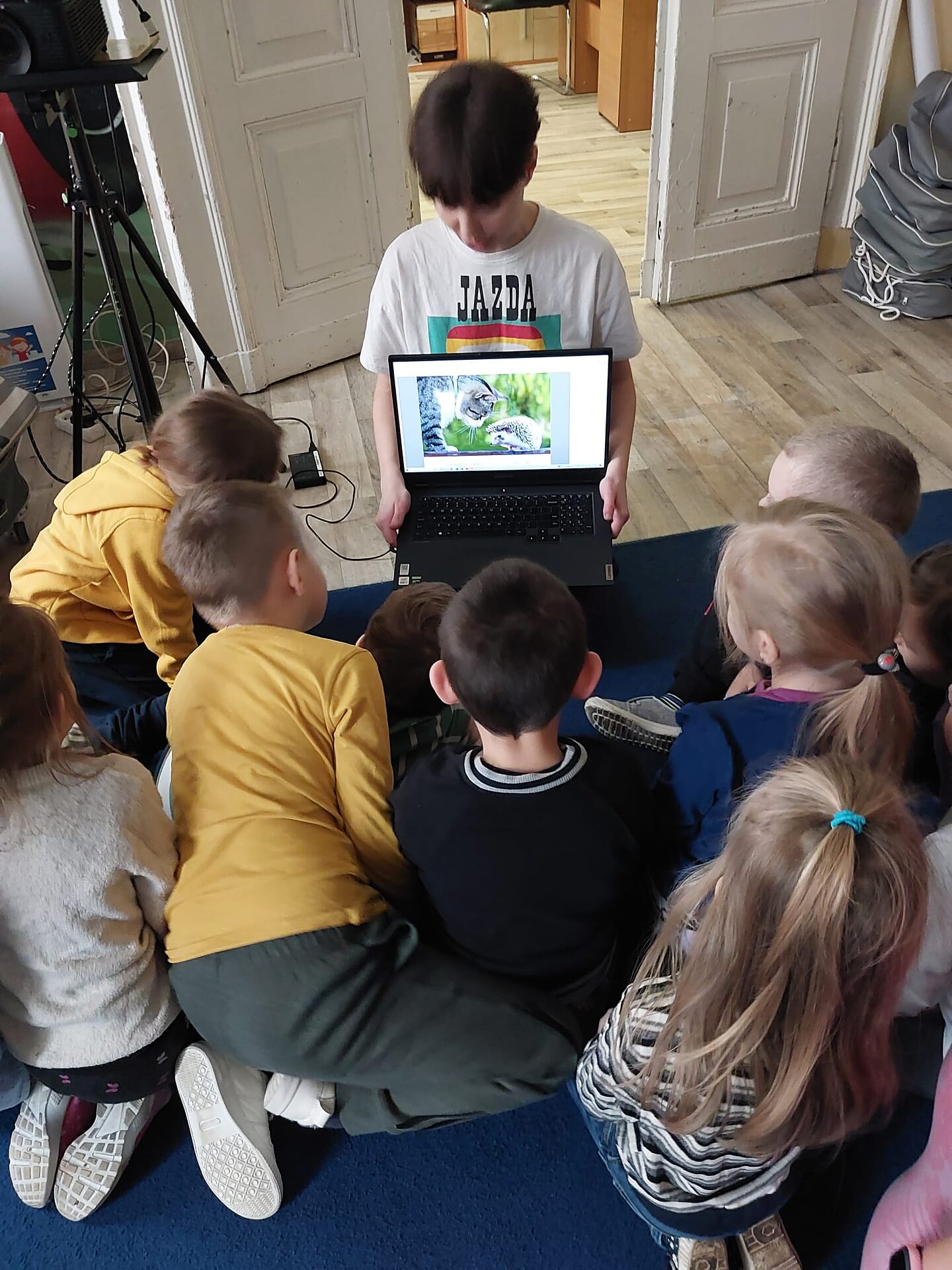
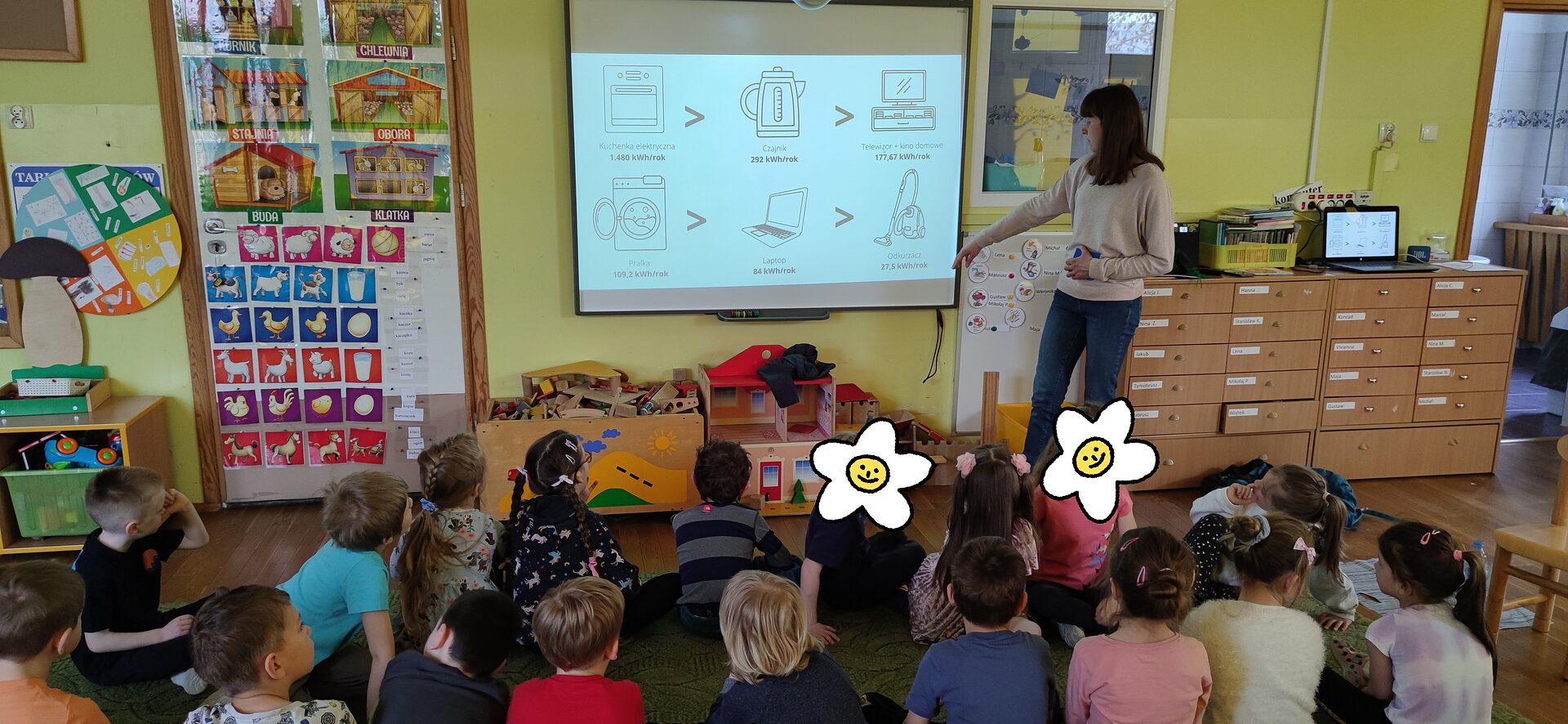
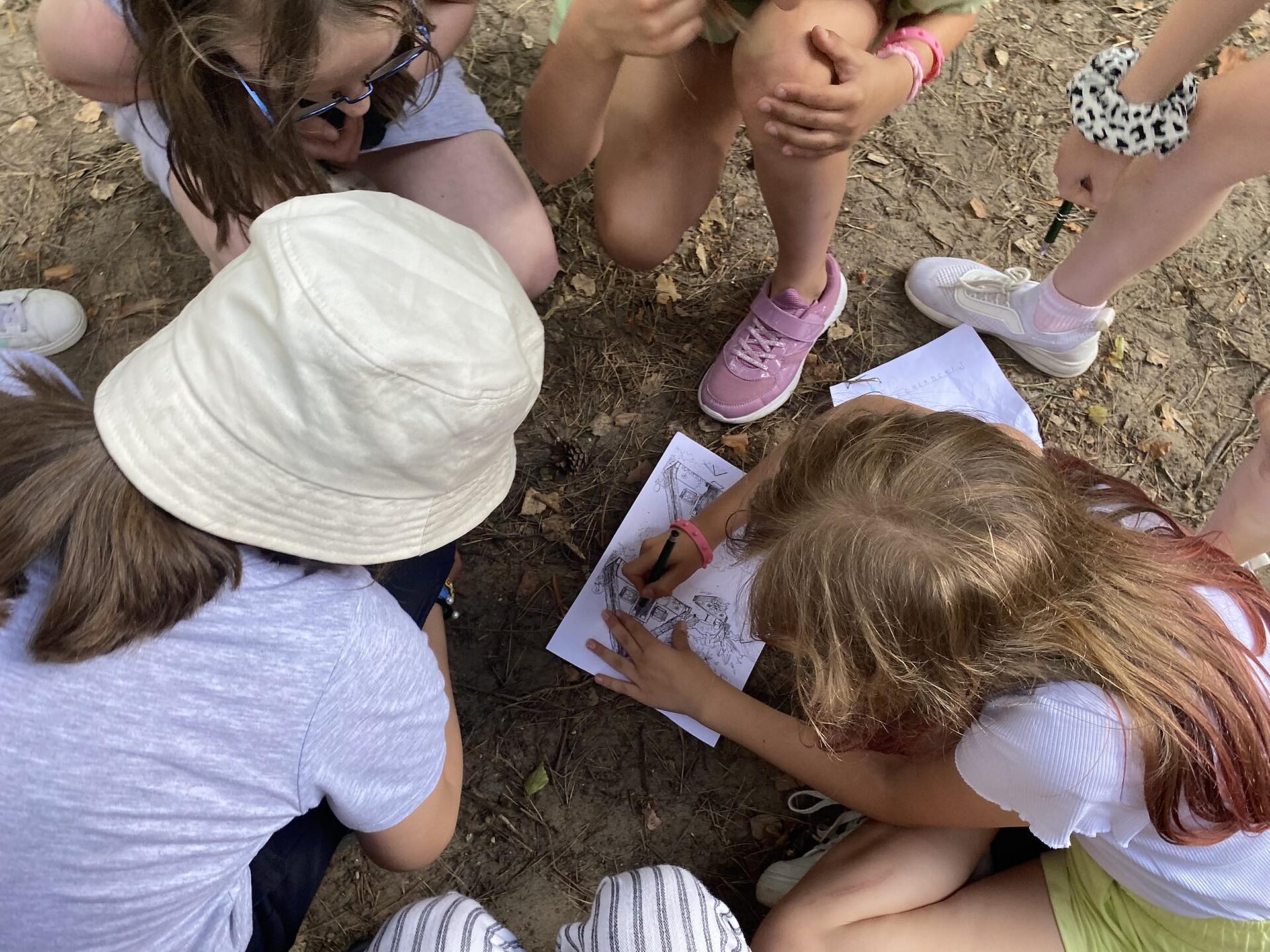
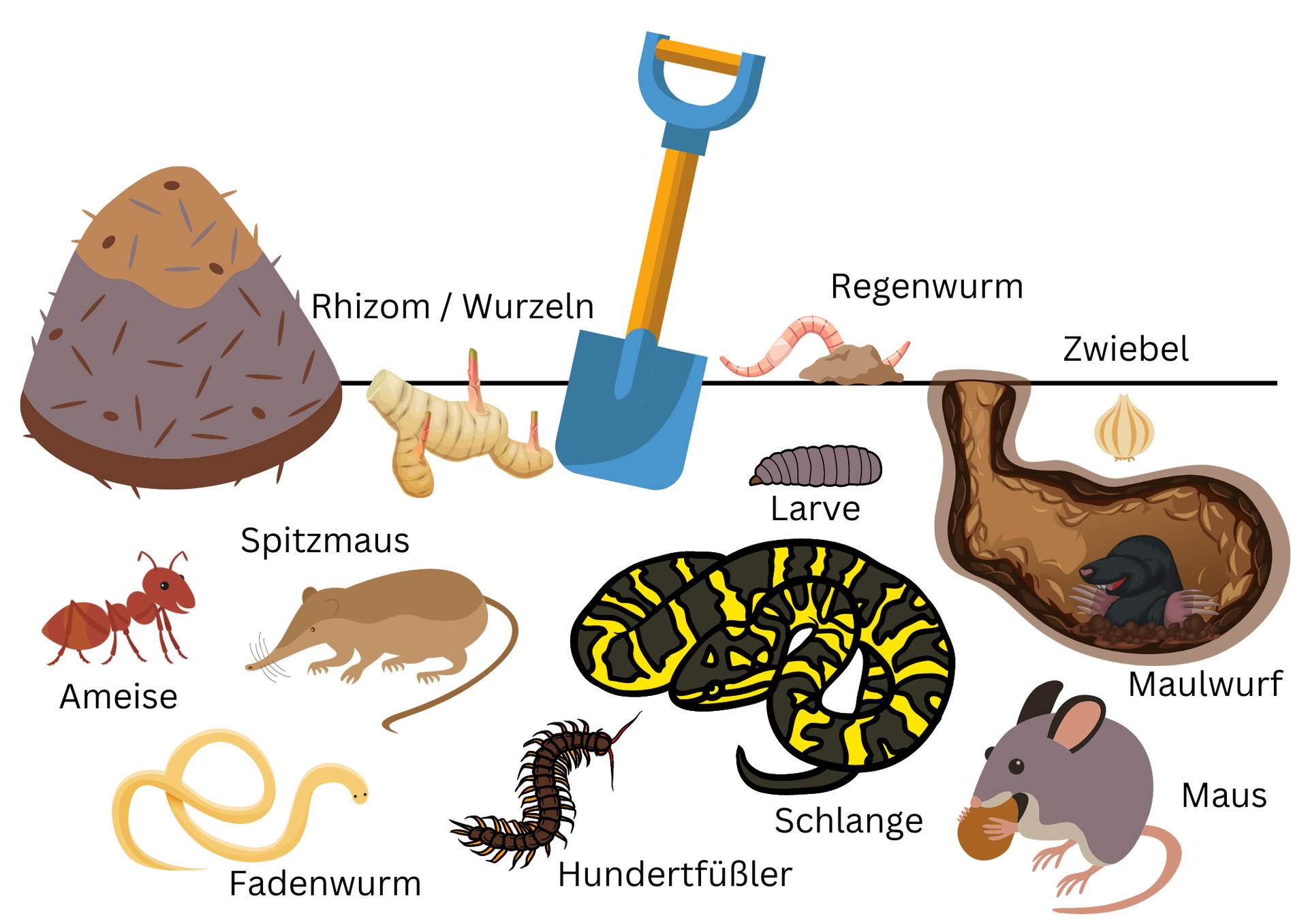
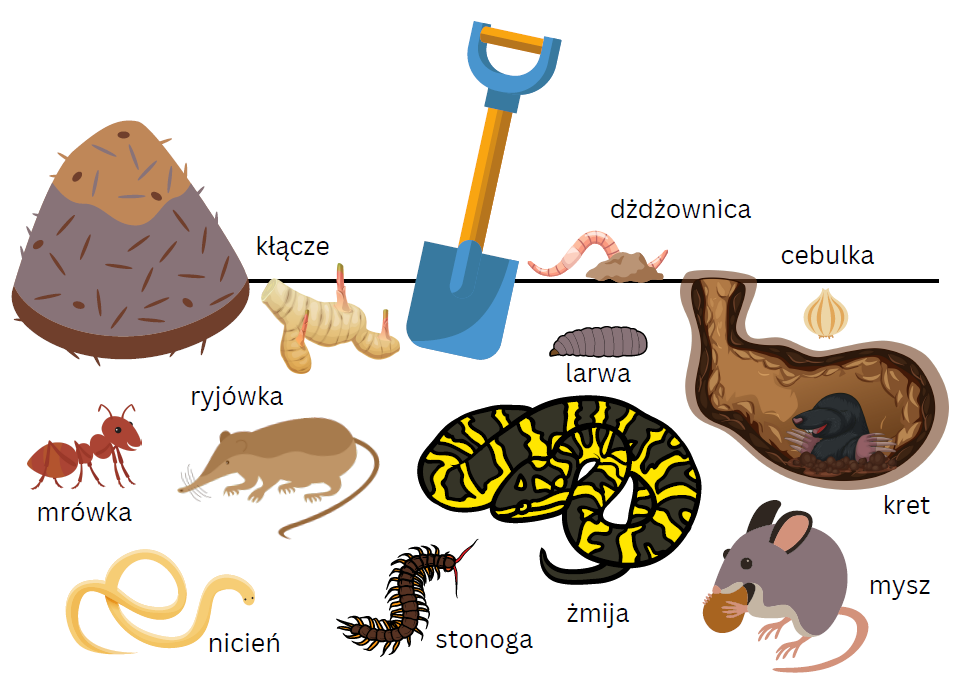
Project implementation:
- Nature Conservation Center “Oberlausitzer Bergland” e. V., Neukirch in Saxony
- Foundation To Proste, Warszawa, Poland
Places of work: Germany, Poland
Funding period: May 2022 to August 2024
Project costs: Total volume: 135,486 euros, funding from DBU: 94,605 euros
DBU-AZ: 38092
Status: 29.04.2024
Cover picture: Fundacja To Proste